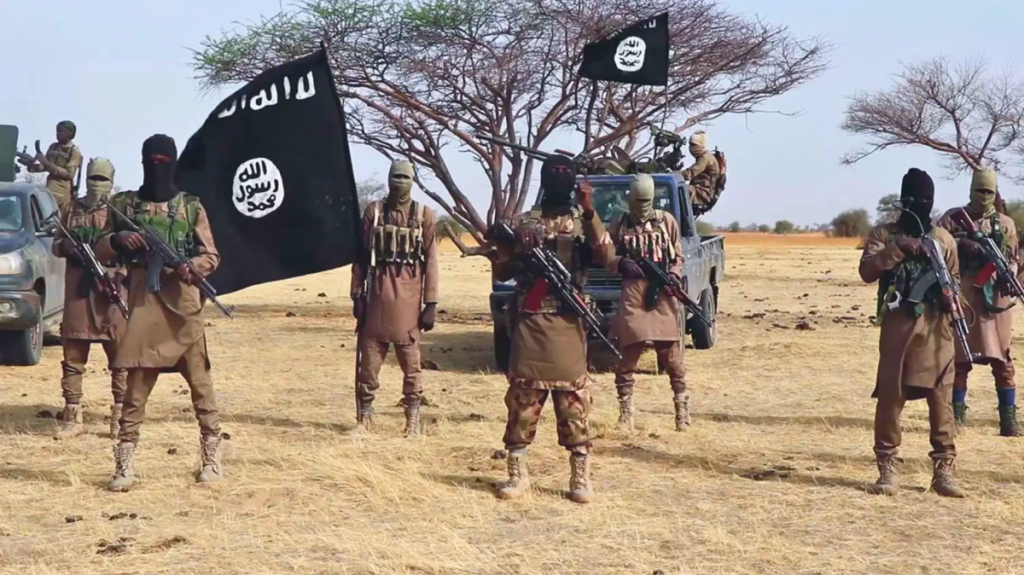United Nations Deputy Secretary-General Amina Mohammed has described Africa as the epicentre of global terrorism which is most significantly a threat to peace, security and sustainable development across the continent today.
Amina pointed out that Sub-Saharan Africa accounts for nearly 59 percent of all terrorism related deaths globally. Adding that the Sahel is ground zero for one of the world’s most brutal crises.
Terrorism-related deaths have soared past 6,000 in the past three years, making up more than half of all global fatalities. In this deadly surge, Burkina Faso is now leading the world in terrorism deaths with a staggering 68 percent increase, with little support to help reverse the trend.

Amina added that Al-Qaida and Islamic State affiliates have spread their deadly tentacles to West Africa’s coastal countries, with violent attacks soaring by more than 250 percent in just two years.
She stated, that with the rate of insecurity the future of West Africa hangs in the balance.
Amina urged the United Nations that countering terrorism must continue to be innovative with their approach with respect to human right and the rule of law. Adding that Terrorist networks are pooling resources in finances, fighters, expertise and tactics while sharpening their capabilities with new technologies, including unmanned aerial systems.
Also addressing the Council, African Union Commissioner for Political Affairs, Peace and Security, Bankole Adeoye, said, “In 2024 alone, the African Union Counter-Terrorism Centre based in Algiers recorded over 3,400 attacks. These attacks resulted in over 13,900 fatalities. Adding that the African continent is facing a damning challenge.
Algerian Minister of Foreign Affairs, National Community Abroad and African Affairs, Ahmed Attaf, urged the international community not leave Africa alone in this fight. While Sierra Leonean Minister of Foreign Affairs and International Cooperation, Musa Timothy Kabba, pointed out the gap the disengagement with ECOWAS and the security vacuum created by MINUSMA’s closure.


